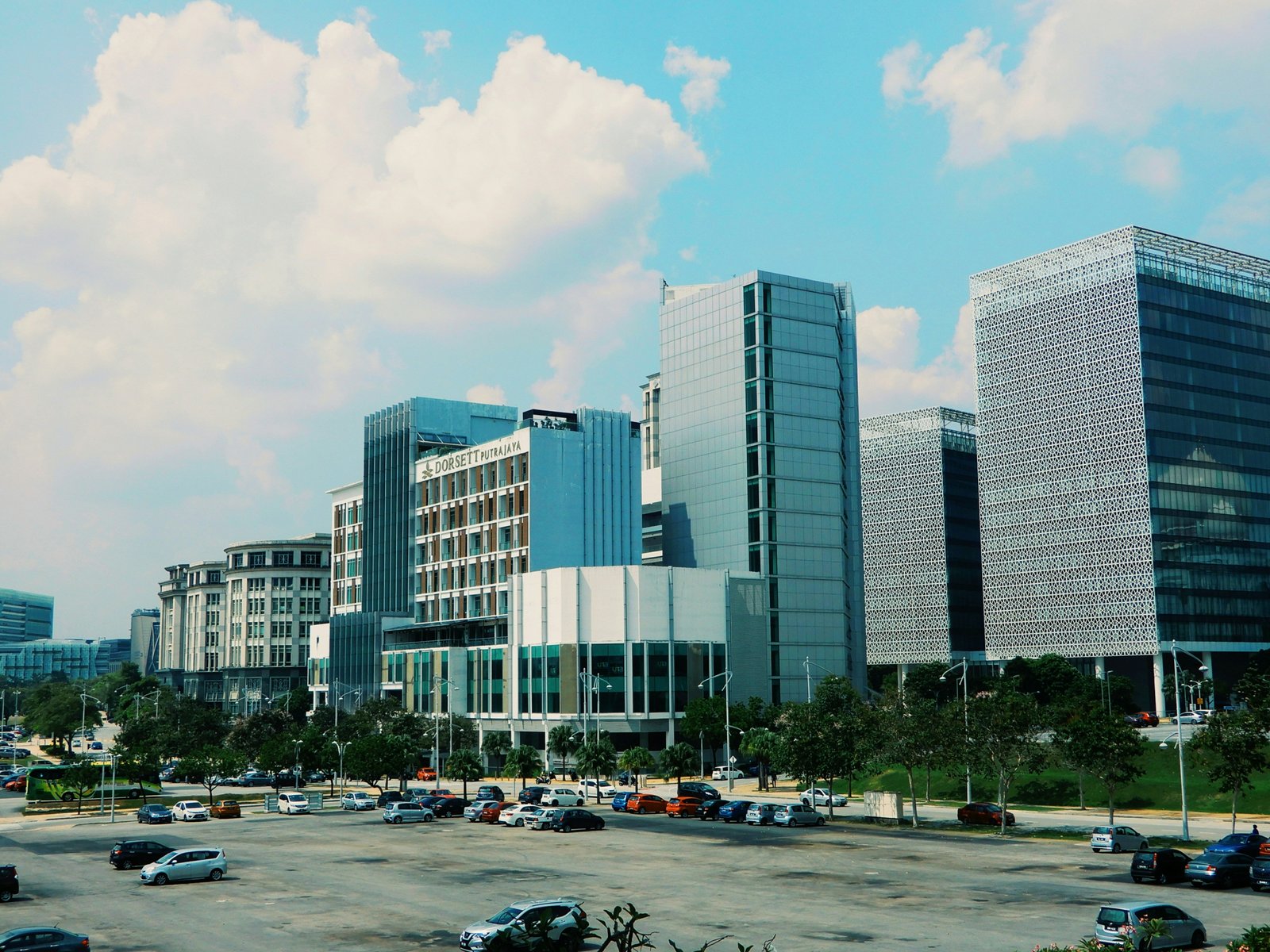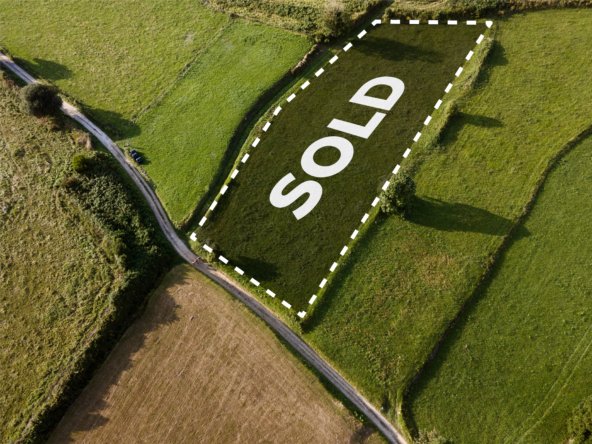Growth Trends
Abuja’s population is expanding at nearly 4.85% per year, adding over 180,000 new residents in 2024 alone. Housing delivery is severely lagging: only about 5,000 new units were built in the year—meeting less than 10% of real demand AI Realenttheafricanvestor.comtheafricanvestor.com. With urbanization accelerating, housing demand is expected to rise by at least 8% in 2025 theafricanvestor.comtheafricanvestor.com.
This imbalance—high demand, constrained supply—has led to rapid land value appreciation in both central zones and emerging districts. Areas like Karsana saw land prices increase by around 24% in a single year, and home values in Lugbe have neo‑quadrupled since 2021 aryarealties.com.
Rental yields remain strong: 6–8% in Maitama, 7–10% in Wuse, and up to 10% in Gwarimpa—making Abuja attractive for yield‑seeking investors theafricanvestor.com.
Infrastructure Development
Massive government investment in infrastructure is transforming Abuja’s urban footprint. Over ₦1.7 trillion in the 2025 FCT budget is earmarked for capital projects, including new expressways, metro lines, and utilities—all aimed at improving accessibility between central Abuja and satellite towns theafricanvestor.comtheafricanvestor.com.
Key projects include the Apo‑Wassa dual carriageway, the Nyanya‑Karshi road, the Abuja‑Keffi Expressway, and the Outer Southern Expressway. These corridors have already opened up districts like Kuje, Idu, and Gwagwalada for real estate growth AI Realenten.wikipedia.orgthisdaylive.comtheafricanvestor.com.
Land registration has also improved dramatically: over 5,000 Certificates of Occupancy were issued in 2025 alone—a dramatic leap compared to just 8,400 in the previous 13 years—building investor confidence in title security AI Realent.
Major developments like Centenary City—a planned smart city project valued at $18 billion and backed by UAE investors—are underway and expected to deliver tens of thousands of jobs and spark new growth nodes around Kyami and Guzape 2 en.wikipedia.orgAI Realent.
Job & Economic Drivers
Abuja is Nigeria’s political and administrative hub, hosting federal agencies, foreign embassies, parastatals, international organizations, banks, and NGOs en.wikipedia.orgnairaland.comthisdaylive.com. That status fuels steady demand for housing—especially rentals—in high‑security, high‑amenity districts like Asokoro, Maitama, Gwarinpa, Wuse, and Jabi naijapropertygirl.comtheafricanvestor.combenkad.com.
Centenary City alone is projected to create up to 70,000 permanent jobs once fully operational, plus 50,000 construction jobs during build‑out en.wikipedia.orgbenkad.com. Meanwhile, the growing industrial hub of Idu is being transformed into a logistics and manufacturing zone linked by rail and light rail en.wikipedia.org.
Sustainability & Smart Housing Trends
Modern Abuja developments increasingly incorporate green spaces and eco‑friendly designs—nearly 20% of new projects in 2024 featured dedicated green zones theafricanvestor.com. There’s rising demand for energy‑efficient homes and smart‑home integration, supported by tech‑savvy developers like Cosgrove who are creating digital estates with solar, automation, and modular layouts AI Realentbenkad.com.
Flexible living spaces and co‑living concepts are gaining popularity, especially among young professionals and remote workers theafricanvestor.com.
Mixed‑use developments—combining residential, commercial, and leisure—are increasingly favored in areas like Jabi, Gudu, and Wuse, offering convenience and stronger capital appreciation potential naijapropertygirl.comdailynews24ng.com.
Why Investors Are Rushing In
1. Strong price appreciation: Early investments in districts like Lugbe, Karsana, and Kyami offer massive upside as infrastructure arrives aryarealties.comAI Realentnairaland.com.
2. Attractive yields: Established areas like Gwarimpa, Maitama, and Wuse deliver stable rental yields of 6–10% annually theafricanvestor.com.
3. Policy clarity: Easier land titles and faster C-of-O issuance reduce past barriers to entry and delays AI Realent.
4. Mega‑projects & smart cities: Developments like Centenary City and Abuja Midtown are drawing foreign and domestic capital, improving brand equity and future valuation of surrounding land en.wikipedia.orgAI Realent.
5. Shift toward modern lifestyles: The emergence of gated estates, eco‑friendly housing, and flexible‑layout homes speaks to evolving demands among millennials and expatriates in Abuja naijapropertygirl.combenkad.com.
In Summary
Abuja’s real estate market is thriving—fueled by surging demand, robust infrastructure development, growing economic activity, and shifting consumer preferences. Popular suburbs like Maitama and Wuse remain staples for premium yields, while emerging areas like Lugbe, Karsana, and Kyami present high-growth opportunities at lower entry costs.
Government reforms, enhanced job prospects, and major developments like Centenary City are accelerating investment flows, solidifying Abuja as Nigeria’s top growth story in real estate. If you’re considering property investment in Nigeria, Abuja stands out as the fastest-rising market with long-term upside.




